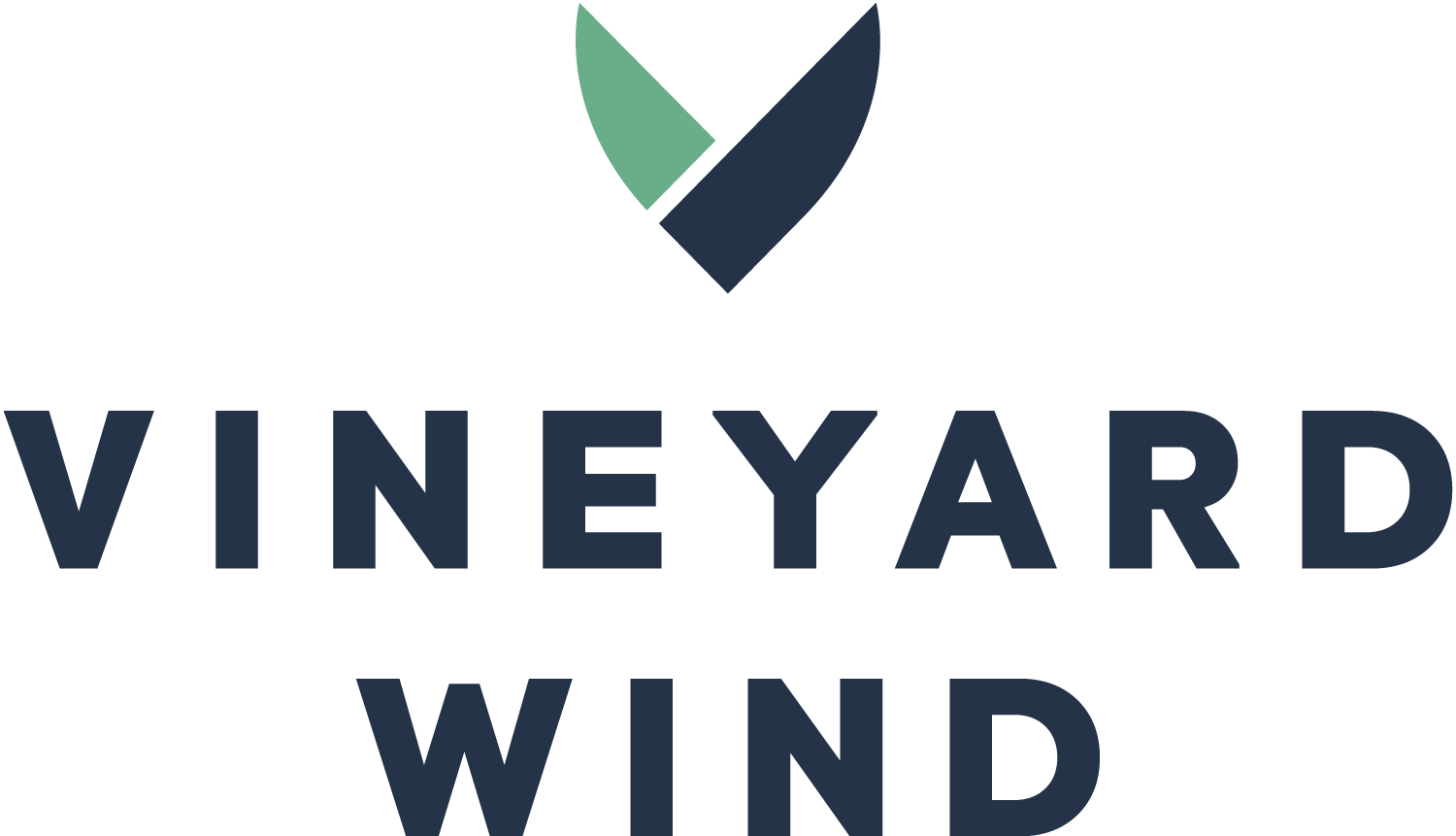Vineyard Wind Releases First Batch of Pre-Construction Fisheries Science
Says “Data and Science Are Essential to Developing the Best Possible Industry Standards and Ensuring Co-existence with Other Ocean Users”
(New Bedford, MA) – Vineyard Wind today released a significant amount of fisheries science data collected over the last year and a half from both the 501 and 522 lease areas. The studies, commenced prior to a project approval on Vineyard Wind 1, are monitoring what impact, if any, the development of offshore wind power may have on marine life and environmental conditions and look at both commercial and recreational fishing.
“There’s no question that data and science are essential to developing the best possible industry standards and ensuring co-existence with other ocean users,” said Vineyard Wind CEO Lars T. Pedersen. “We take our status as the ‘first mover’ in the industry very seriously and have made understanding potential impacts through science central to our efforts. We believe setting a solid foundation for this first project will help to establish best practices and allow an industry with unmatched potential for jobs, economic development, and environmental benefits to get going in a responsible manner.”
Commercial Fishing
Studies were designed and conducted by the University of Massachusetts Dartmouth School for Marine Science and Technology (SMAST) and utilize different methods of data collection, including trawling, ventless traps and drop camera surveys and will be evaluated using the Before-After-Control-Impact (BACI) framework. All studies are conducted from fishing vessels and the ventless trap surveys are supported by the Massachusetts Lobstermen’s Association (MLA). Under this framework, monitoring will occur prior to development (Before), and then during construction and operation (After). During these periods, changes in the ecosystem will be compared between the development site (Impact) and a control site (Control). The control sites are in the general vicinity with similar characteristics to the impact areas (i.e. depth, habitat type, seabed characteristics, etc.).
“The first year of surveying was very successful providing information on groundfish, lobsters, invertebrates living on the sea floor, and including larval lobster and fishes,” said Dr. Kevin Stokesbury, Professor at the School for Marine Science & Technology (SMAST) at UMASS Dartmouth. “The sampling was conducted within a scientific framework to detect a 25 % change in the most abundant species. This sets up a baseline, and with continued surveying, the difference between natural changes and those resulting from windfarm development will be measurable. The hardest part of these studies is to get out on the water and get moving on them. We are glad to be working with Vineyard Wind and the fishing Industry to get these studies underway.”
The Massachusetts Lobstermen’s Association (MLA) is glad to be involved in the collaborative research with SMAST in the Vineyard Wind project area,” said MLA Executive Director Beth Casoni. “The commercial fishing industry has been asking for industry-based research to be done and we are now entering our second year of survey work with industry members for the pre, during, and post construction surveys. The MLA will be sharing these preliminary findings at our Annual Weekend in 2021 and all are encouraged to attend to learn more about the collaborative research being done today.”
Highly Migratory Species/Recreational Fishing
In addition to the above studies, and at the request of recreational fishermen, Vineyard Wind also partnered with the New England Aquarium (NEAq) on a highly migratory species study.
Lead by NEAq’s Anderson Cabot Center for Ocean Life, the report creates, “a comprehensive assessment of baseline recreational fishing effort for highly migratory species in southern New England and the associated Wind Energy Areas (WEA).” The analysis finds that “Within Vineyard Wind lease areas (OCS-A 0501 and OCS-A 0522), the available data indicated that recreational fishermen primarily target bluefin tuna, shortfin mako, and ‘any tuna species,’” among other data points.
“We are grateful for the opportunity to begin to assess the potential impacts of offshore wind development on the large recreational fishery for HMS that operates in southern New England,” said Jeff Kneebone, a Fisheries Research Scientist at the Aquarium’s Anderson Cabot Center for Ocean Life.
Support for Regional Science
Vineyard Wind believes strongly that project specific science should be usable at a regional scale to facilitate efforts to understand potential cumulative impacts of offshore wind and changes to the ecosystem from other forces such as climate change.
The SMAST surveys are designed to integrate with existing data sets in order to expand their contribution to such understanding. The trawl survey report states, “…The current trawl survey closely emulates the Northeast Area Monitoring and Assessment Program (NEAMAP) survey protocol. In doing so, the goal was to ensure compatibility with other regional surveys, including the National Marine Fisheries Service (NMFS) annual spring and fall trawl survey, the annual NEAMAP spring and fall trawl survey, and state trawl surveys including the Massachusetts Division of Marine Fisheries (MADMF) trawl survey. […] This should facilitate easier sharing and integration of the data with state and federal agencies and allow the data from this survey to be incorporated into existing datasets to enhance our understanding of the region’s ecosystem dynamics.”
Through engagement in the Responsible Offshore Science Alliance (ROSA) – a collaboration between the offshore wind and fishing industries to support science, Vineyard Wind is actively working to expand regional science, collaborate with the fishing industry, and expand awareness of how science is critical to the co-existence of both industries.
“These studies provide valuable information on current conditions in our ocean ecosystems,” said Lyndie Hice-Duton, Ph.D. and Executive Director of the Responsible Offshore Science Alliance (ROSA). “We look forward to continuing to work with Vineyard Wind to share the outcomes of their research and monitoring and work collaboratively to improve our understanding of the potential impacts of offshore wind on regional fisheries.”
To view the reports, click here .
###
